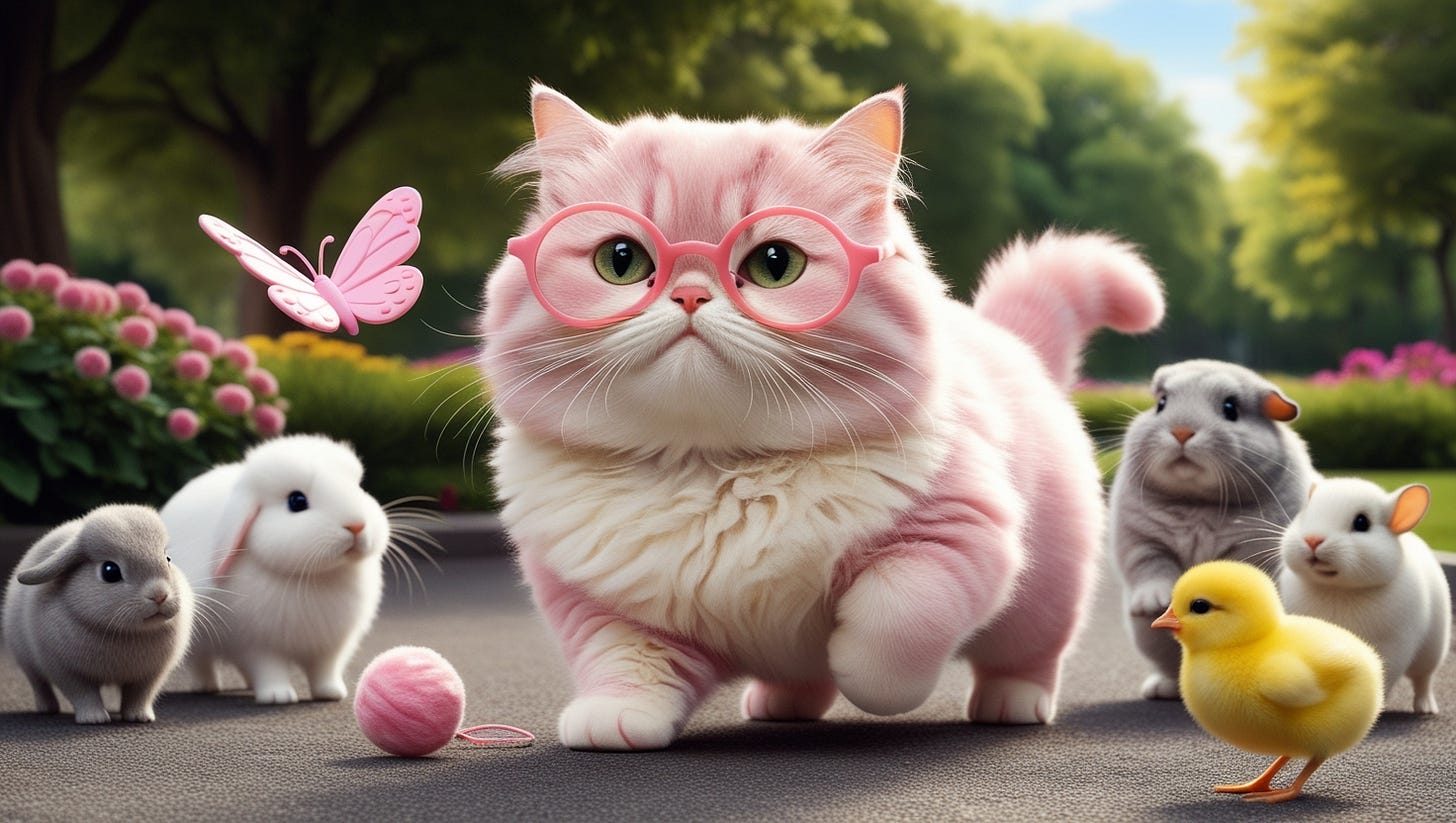You're Not Living in a Sitcom - Why Your Friend Group Is Toxic
(Your life isn't FRIENDS, and thank f*cking god for that)
Dear Unlearners,
FRIENDS taught me English. When I first moved to Canada, I could barely speak a word of it. Those six characters became my language teachers. Every night, my mother and I would sit together, pop in one of our DVDs. They're still at her house. I'd dream about having my own Central Perk crew. A Rachel. A Chandler. A whole gang of people who'd drop everything to sit on an orange couch and listen to my problems.
Reality turned out quite different.
The show still holds a special place in my heart. It helped me understand American culture, taught me slang I'd never learn in ESL classes, and became my first guide to this strange new world. But it also planted unrealistic ideas about friendship that took years to unlearn.
The Pop Culture Poison
Our generation grew up idolizing TV friend groups that shaped our expectations.
Take FRIENDS: A group that actively sabotages each other's relationships. Six codependent adults living in apartments they can't afford just to stay close. Makin…




